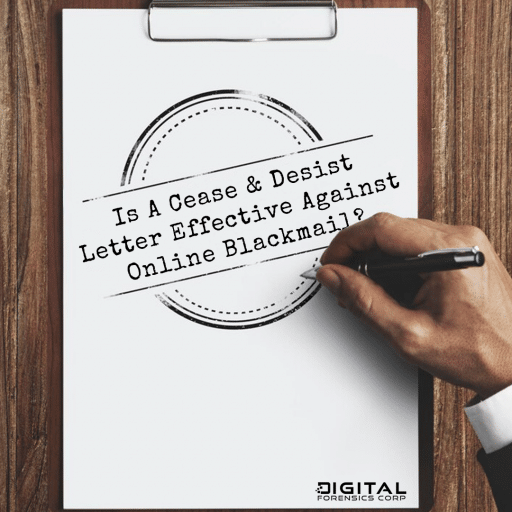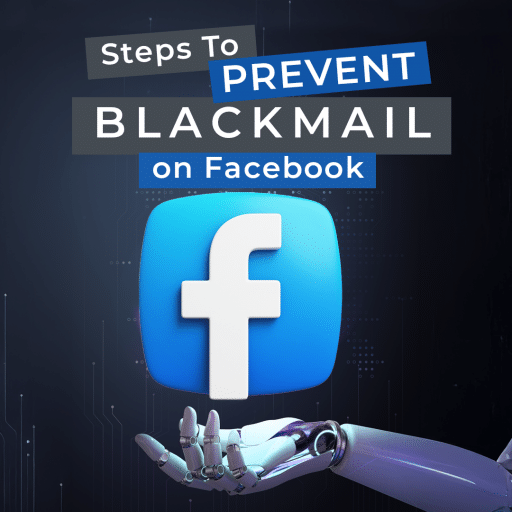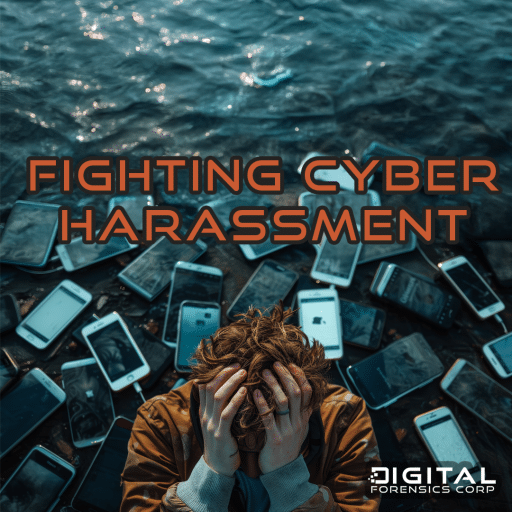With the rise of online dating and social media, we often find ourselves engaging with strangers before ever even meeting them in person. While this can be exciting and a great way to meet new people, risk comes with it. One of the biggest risks is being catfished. If you find yourself asking, “I’ve been catfished; what do I do?” keep reading for all those answers and more ahead.
Examples of Red Flags to Look out for in Online Conversations
In today’s digital age, forming connections and building relationships online is commonplace. However, it’s critical to keep an eye out for the numerous red flags that could indicate a person is not who they seem or, worse – may be a scammer. Some of these red flags include:
- If they are refusing to video chat or meet in person. When someone consistently avoids video chatting or meeting in person, it could be a red flag that they are hiding their true identity or appearance. By avoiding face-to-face interactions, they may be trying to maintain a false persona and prevent you from discovering their deceit.
- Becoming overly emotional or attached quickly: If someone displays intense emotions or becomes extremely attached to you in a short period, it could be a sign of “Love Bombing.” Love bombing is a manipulative tactic used by scammers to gain the victim’s trust and affection quickly. They may shower you with compliments, affectionate messages, and promises of love or commitment to establish a deep connection rapidly.
- Another red flag is someone unwilling to share basic information about themselves, such as their job or where they live. Such reluctance to share basic information is undoubtedly something to consider, as it could mean the person is hiding something from you.
- Their stories don’t add up; often, online scammers commit these types of crimes on a massive scale and could be chatting with multiple victims. This can cause their stories not to add up or make sense.
- Lastly, their profiles look a bit too good to be true. Scammers oftentimes use stolen photos, information, and profiles to try and trick their victims. If the person’s profile appears too perfect, with professional-grade photos or unrealistic achievements, it’s essential to exercise caution.
If you are experiencing any one of these red flags, you, in fact, could be talking to a scammer, and what steps you take next can be crucial.
What to Do if You’re Being Catfished
If you suspect you are being catfished, the first thing to do is stop communication with the person. It is important to remember that the person on the other end might not be who they say they are, so you do not want to give them any more personal information that could be used against you. You should also report them to the platform you are using, as they will have policies to deal with catfishing. However, do not hesitate to take additional measures if you feel it is necessary.
If you have given any money or financial information to the catfisher, contact your bank right away to mitigate any possible damage. Additionally, you may consider contacting credit bureaus like and freezing your credit by contacting Equifax, Transunion, and Experian until a thorough investigation has been made.
Protecting Yourself: Tips for Staying Safe Online
- Use Strong Passwords: One of the most critical aspects of staying safe online is using strong passwords. Avoid using apparent sequences like “123456” or “password.” Instead, use a complex combination of letters, numbers, and symbols, preferably not related to your personal information. Also, use a different password for each login; never share your password with anyone.
- Keep Software Up-to-Date: Updating your software regularly is another crucial step in staying safe online. This includes your operating system, anti-virus, and other applications. These updates often contain security patches that address known vulnerabilities that hackers may exploit. Therefore, keeping your software up-to-date can go a long way in preventing cyberattacks and protecting your online identity.
- Limit Your Sharing: While sharing personal information or intimate details online is tempting, limiting your sharing is crucial. Keep friends and followers to a minimum, and make sure they are people that you know. Always avoid posting sensitive information like phone numbers or addresses. Moreover, do not overshare on social media platforms, and always customize your privacy settings to limit who can access your information.
- Avoid Using Public Wi-Fi with Caution: Public Wi-Fi is convenient but also a considerable risk to your online security. Public Wi-Fi is often unsecured, meaning anyone can access your device and steal sensitive information. Therefore, avoiding online banking and other sensitive activities on public Wi-Fi networks is essential. Use a virtual private network (VPN) to encrypt your internet connection and protect your online identity if possible.
Summary
In conclusion, being catfished can be a very hurtful experience, but there are steps that you can take to protect yourself. You can minimize the risk of being catfished by paying attention to red flags in online conversations, reporting online scams, and safeguarding yourself.
Remember always to trust your instincts, and if you do find yourself in a situation where you have been catfished, stop communicating with the person immediately. Do not let one negative experience stop you from seeking relationships online, but do keep your eyes open and stay safe. Now, if you find yourself asking, “I’ve been catfished; what do I do?” you will be prepared with these tips listed above.




